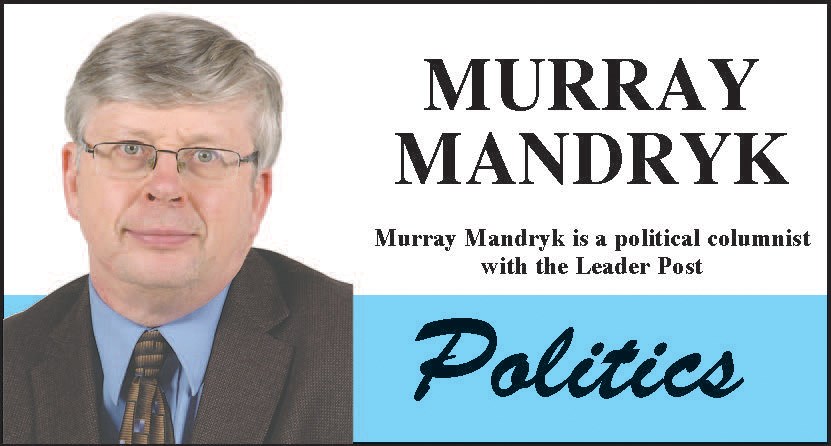The interest out here in who gets picked as the next Conservative Party of Canada leader goes beyond the obvious reason.
The obvious reason is that most of Western Canada and Saskatchewan (especially, rural Saskatchewan) voters did vote Conservative, so who becomes the leader of the party of their preference has added significance.
Normally, that means people voting the candidate who is most likeable, closest to home and most in line with Western views and interests.
But the lessons of the 2019 federal vote, suggest it may be time for Conservatives to consider more than that.
Let’s begin with issues of likability and personality.
One of the reasons why Andrew Scheer was selected to succeed Stephen Harper was the smiling Scheer came across as more personable. Unfortunately, voters across the country didn’t consistently take to Scheer.
Yes, Conservative popular vote under Scheer did increase 2.5 per cent to 34.9 per cent in 2019 from 31.9 per cent in 2015. Yes, under Scheer, Prime Minister Justin Trudeau’s majority government the Liberals achieved under Harper in 2015 was reduced to minority.
And, yes, Scheer with his young family and constant references to his humble up-bringing in Ottawa, did seem to be a lot more relatable to many Canadians than the more aloof Harper.
But what became obvious during the federal election campaign is that there was something about Scheer that didn’t necessarily click with all voters — especially urban Eastern Canada — that had helped deliver Harper and the Conservatives a majority government in 2011.
Some will now argue Scheer became “untrustworthy” and “unlikeable” because of issues like claiming he worked as an insurance broker when he was not licensed to do so or not being completely forthright about his dual U.S.-Canadian citizenship. Certainly, the post-election story of Conservative party donations paying for his children’s private school tuition paid that came out as his own party members were pressuring him to resign might not have helped.
All this seemed rather unfair to a guy that truly is a likeable dad.
But what it mostly demonstrated is that personality perceptions can be fleeting in politics and probably not the thing in which anyone should solely use as their basis for picking a leader.
Similarly, to base your choice on a nation leader on the fact that he comes from your province where the party happens to be popular may not be the most fruitful approach.
It’s interesting to note that while the Conservatives increased their popular vote in 194 of the country’s 338 seats, its popular vote decreased in 144 ridings. Many of those ridings were in Eastern Canada, where the Conservatives lost ground.
This is not to suggest that the Conservatives automatically need to pick their next leader from the East or that likeability isn’t an important consideration.
For example, selecting the prickly Pierre Poilievre — an early favour choice among those in the party on the right and from the old Reform movement — would seem stand to re-create many of the image problems for this party.
Poilievre has been around for awhile, but there is little to suggest that he has developed a broad-based appeal.
Moreover, of the problem under both Harper and Scheer is that the Conservatives struggled to relate to other areas of Canada, it seems unlikely that picking the most right-wing, least affable leader will solve that.
Perhaps what’s needed is a leader that can translate needs of Canadians to solid policies while not necessarily seeming uninterested or dismissive of issues like the environment.
It won’t be easy, but the Saskatchewan Party found Brad Wall as someone who seemed to be able to relate to both rural and urban voters.
Choosing a national leader has to be about more than just your views and interests.
Murray Mandryk has been covering provincial politics for over 22 years.




